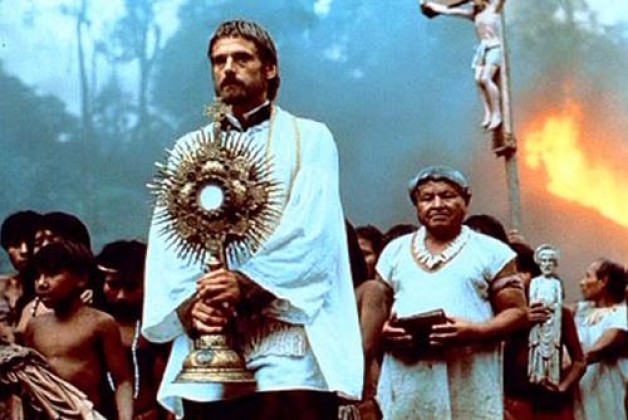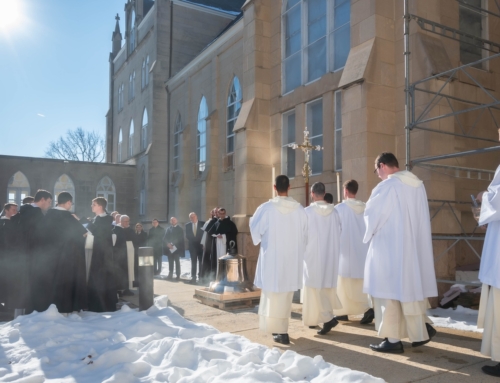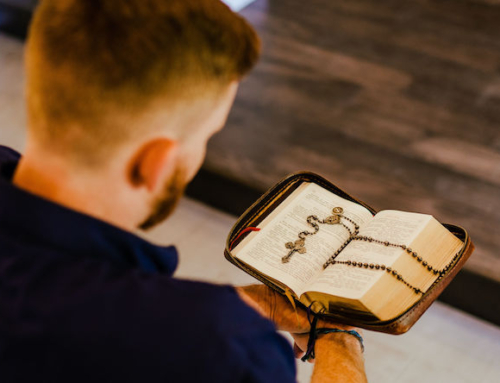“The bread of the needy is the life of the poor.” (Sir 34:21)
Food is a basic necessity of life. Without it we would die. However, many of us are privileged to have plenty of it. Procuring a home-cooked meal is rarely a matter of life and death in America. Yet for many people throughout the rest of the world it is. They do not always know when or from where their next meal will come, if it comes at all. In many countries there is a constant threat of malnourishment and starvation. It is for this reason that the book of Sirach equates the giving of bread with the giving of life to the poor and needy. Every piece of bread is another day of life.
But the poor and needy outstrip the merely physically poor. Blessed Teresa of Calcutta noted paradoxically “the poorest [nation] I have been to is America.” She explains that Americans suffer from a poverty of loneliness. I suspect this form of poverty extends beyond America; many developed countries in the West suffer from it. But what exactly is this loneliness? It is clearly expressed in our consumerism. We are never satisfied, sated or sufficiently pleased, no matter how much bread we have. We search for happiness and friendship, but often in all the wrong places.
Saint Augustine recognized this loneliness over a millennium and a half ago. He famously prayed to God, in his Confessions, “our heart is restless until it rests in you.” All of us are poor, restless, and needy. We may not starve physically, but we certainly starve spiritually if we do not seek our daily bread. As a poor person receives life with physical bread, so we receive spiritual life with our spiritual bread.
But what is this spiritual bread? Christ says, “I am the living bread which came down from heaven; if any one eats of this bread he will live forever.” (Jn 6:51). This is the reason we celebrated the feast of Corpus Christi yesterday. Although we recall the mystery of the Eucharist at every liturgy, the feast uniquely refocuses our vision. It reminds us all of our poverty and neediness. Spiritually, we cannot live without the nourishment of Christ. And it is by being fed with the Word of God in both the Scriptures and in the Sacrament that we receive life. Without our Eucharistic bread we would starve.
But is there not too much focus on the Eucharist during this feast? It is common to see Eucharistic processions at many parishes. What are these processions all about? Why is it necessary to process in a circle with the priest carrying the Blessed Sacrament? Isn’t calling this importance of the sacrament to mind in the homily enough?
Perhaps an analogy or a parable can help. Take a man who has a wife and children and for whatever reason is not able to provide them food. The family would eventually starve to death. But suddenly the man gains access to a piece of bread large enough for his whole family. Upon returning home would he simply set it on the table and wait for everyone to come to realize it was there? Would he not rather run around the house, holding the bread in his hands above his head, waving the bread and shouting with joy, showing his family the prize he has found? He brought home life. How could he not rejoice? Likewise, how could we simply be content with keeping the Blessed Sacrament in a nice quiet little place in the Church and go on with our day? The Eucharist is our life. We are like the poor man who has found that life-saving loaf. Having found the Bread of Life, we process with the Blessed Sacrament, rejoicing at the reality that we have been given: the Bread of Life.
✠
Image: Jeremy Irons; The Mission (1986)







